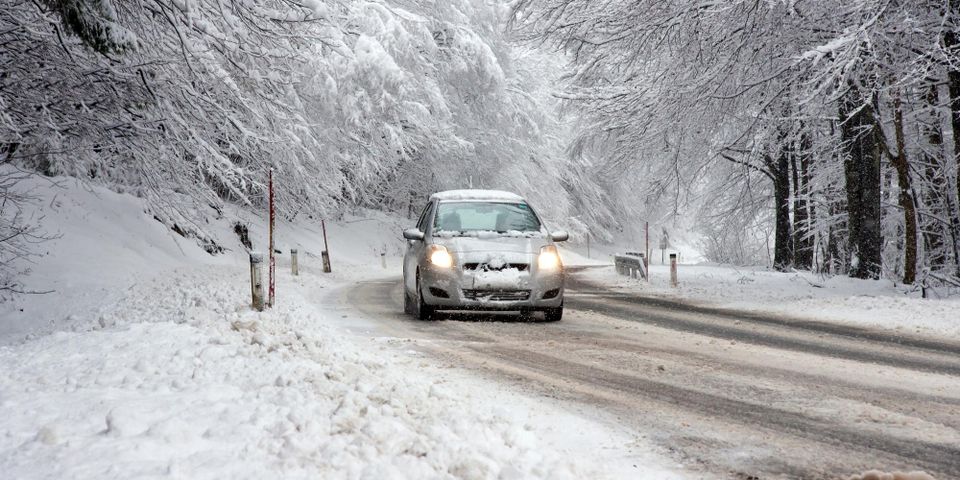How Winter Weather Affects Car Radiators

Your car’s radiator extracts heat from coolant that passes through it, releasing the heat into air created by the fan. Frigid winter temperatures can disrupt the process, leading to damage only a radiator repair technician can correct. To remain safe on the road this winter, below is a brief overview of how cold weather impacts radiator performance and what you can do to prevent problems.
Effects of Winter on Car Radiators
When temperatures are frigid, the coolant that runs through the radiator can freeze. When frozen, coolant expands. The pressure placed on radiator walls can cause the metal to crack. With a radiator leak, not enough coolant will reach the engine. The engine could overheat while you’re driving as a result. Ice can also form and expand in the fluid lines, causing strain and premature wear. Depending on the type of vehicle, a leaky radiator could also contaminate transmission fluid in cooling lines. The mixture can cause irreversible damage to the gearbox.
How to Avoid Radiator Damage
 Investing in radiator upkeep is the best way to avoid problems year-round. During a fall tuneup, a radiator repair specialist will make sure enough coolant is running through the system and adjust the water-to-coolant ratio to reduce the likelihood of freezing. They will examine the fluid lines and metal surfaces for dents, cracks, and other vulnerabilities that could get worse under winter stress. With an exhaustive examination, a radiator repair technician will let you know whether additional work needs to be done to winterize your ride.
Investing in radiator upkeep is the best way to avoid problems year-round. During a fall tuneup, a radiator repair specialist will make sure enough coolant is running through the system and adjust the water-to-coolant ratio to reduce the likelihood of freezing. They will examine the fluid lines and metal surfaces for dents, cracks, and other vulnerabilities that could get worse under winter stress. With an exhaustive examination, a radiator repair technician will let you know whether additional work needs to be done to winterize your ride.
To ensure your car performs well during Northeast winters, contact the auto mechanics at Branford Radiator Repair Service. For over 30 years, they’ve provided the motorists of New Haven County, CT, with radiator repairs, oil changes, brake service, and other maintenance and repair solutions. To schedule a service appointment, call (203) 488-7346. Learn more about the team’s credentials and customer commitment online.
About the Business
Have a question? Ask the experts!
Send your question

